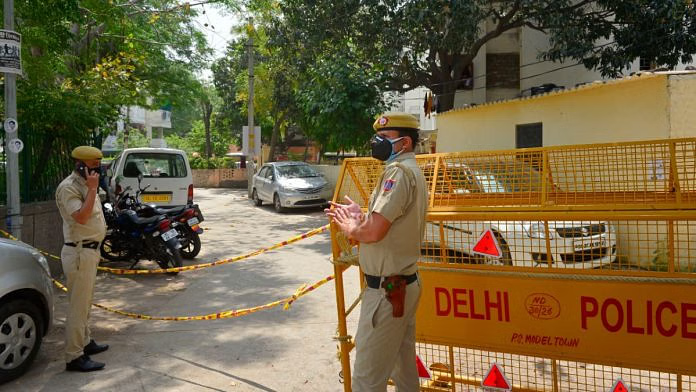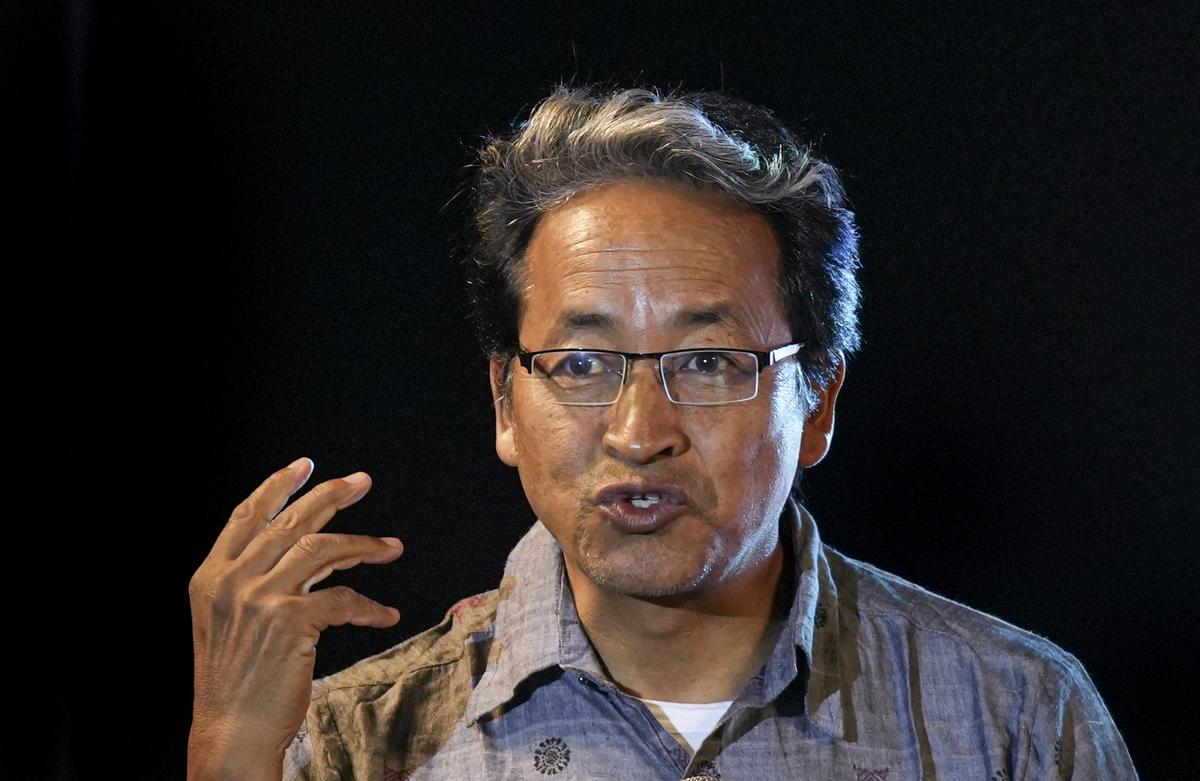Now Reading: Delhi Court Rejects Anticipatory Bail Plea of Self-Styled Godman in Fraud Case
-
01
Delhi Court Rejects Anticipatory Bail Plea of Self-Styled Godman in Fraud Case
Delhi Court Rejects Anticipatory Bail Plea of Self-Styled Godman in Fraud Case

A Delhi court has dismissed the anticipatory bail plea of a self-styled godman accused in a large-scale fraud case. The court observed that the charges were serious in nature and that custodial interrogation may be necessary to uncover the full extent of the alleged wrongdoing. The development has drawn wide attention as the case highlights the recurring debate on faith, exploitation, and accountability.
The accused, who has built a following by presenting himself as a spiritual guide, is alleged to have cheated several people under the guise of religious and financial promises. Multiple complaints were filed against him, leading to a police probe that revealed a pattern of misrepresentation and monetary exploitation. Investigators claim that the financial scale of the fraud runs into several crores.
The rejection of his bail plea indicates that the court found weight in the prosecution’s argument that his custodial presence is essential for the investigation. According to case records, the allegations suggest that the accused used his position of influence over devotees to gain financial benefits, often leaving them in debt or distress. The court noted that granting pre-arrest bail at this stage could hinder the process of gathering evidence.
For many in smaller towns and cities, cases like this resonate deeply. Self-styled godmen often command significant influence in Tier 2 and Tier 3 regions, where spiritual trust is intertwined with social and financial decision-making. While several such figures genuinely work for social causes, others exploit faith for personal gain, creating long-lasting damage to individuals and communities.
The case also underlines a broader challenge—balancing the right to religious practice with the need for strict checks against fraudulent exploitation. Legal experts point out that anticipatory bail is not meant to shield individuals from legitimate scrutiny when evidence points to systemic fraud. The court’s order, therefore, reflects an attempt to strengthen accountability in cases where faith has allegedly been misused.
As the investigation proceeds, the focus now shifts to whether more victims will come forward and how deep the financial irregularities go. For ordinary citizens, the case serves as a reminder to be cautious when placing blind faith in figures who mix spirituality with promises of material gain.
The dismissal of the bail plea is not the end of the legal battle but a critical turning point. It reinforces the message that no individual, regardless of social influence or spiritual standing, is beyond the reach of law when questions of fraud and exploitation arise.

























